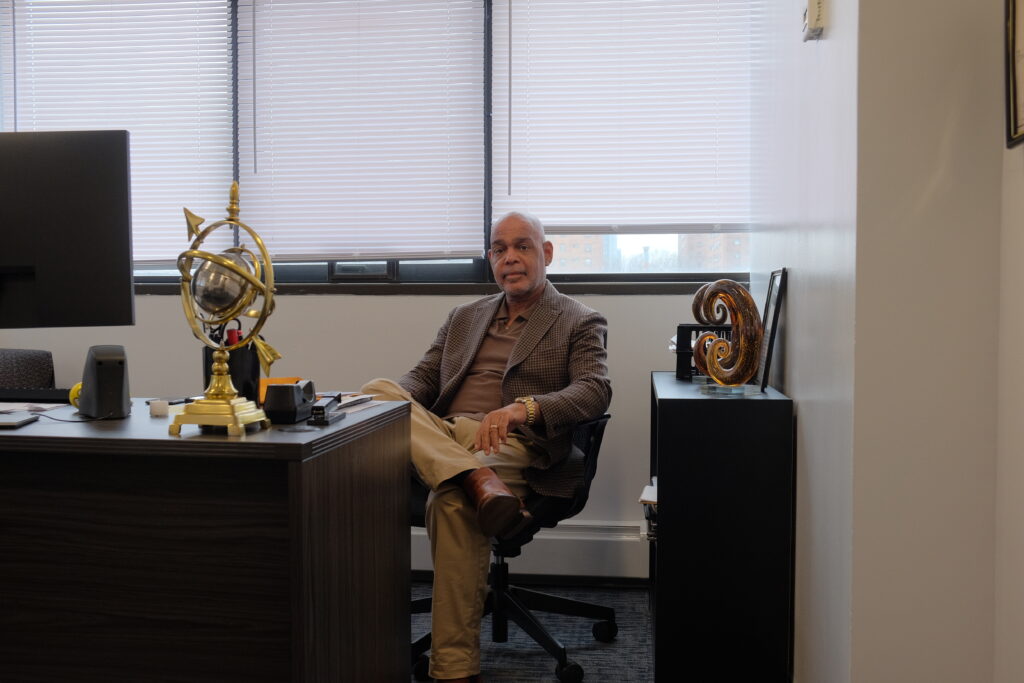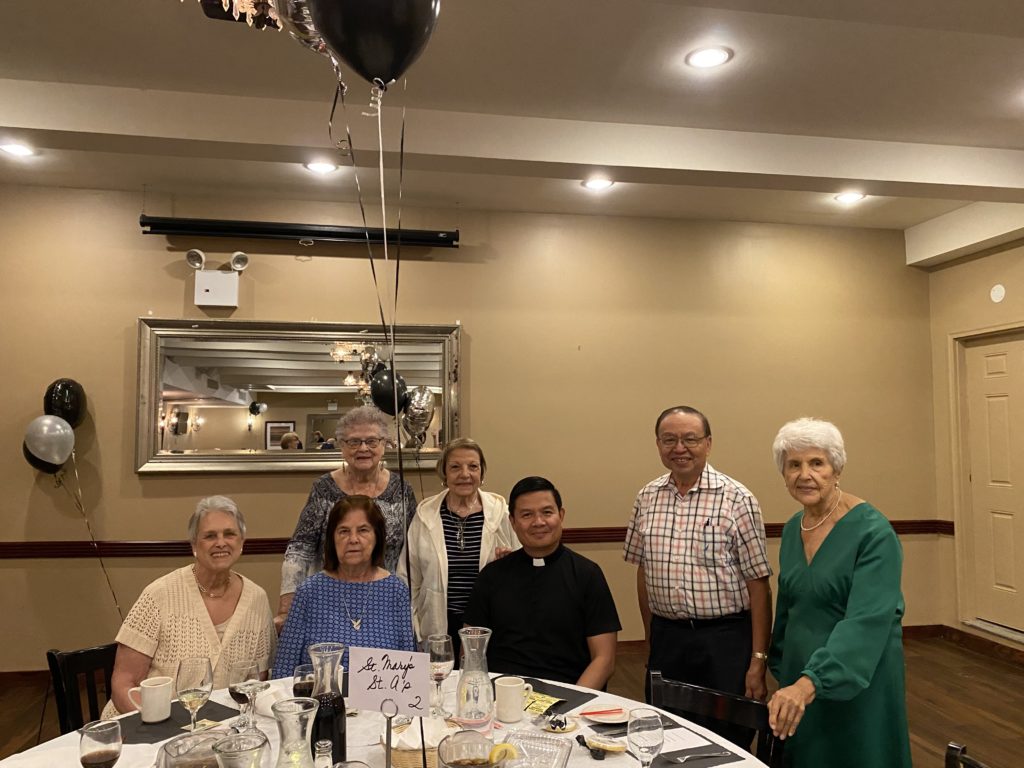by Charlie Finnerty
Reality House, Inc., a substance abuse and addiction treatment center in Astoria, are expanding their residential in-patient facility on Astoria Blvd. from 30 beds to 60 and opened a new outpatient office. Specializing in reintegration, Reality House takes a community-based approach to help individuals secure housing, employment and other essential needs to rebuild their life after struggling with addiction. Executive Director Michael Cannaday said he sees reintegration as providing the support needed to ensure the longer recovery process is successful.
“Reintegration is the next step after rehab, it’s not an alternative,” Cannaday said. “Some people go to rehab and they have support in place; they have family, they have support.”
Reality House provides substance use treatment, mental health counseling, housing and employment services for patients, according to Clinical Program Director Roland Smith. While most patients come from Queens, Smith said Reality House serves individuals across the city and offers virtual services for those who want to stay connected to the program remotely. The residential in-patient care program is typically 6 months.
“Because it’s a reintegration program it’s more of a step down from maybe a more intensive residential program,” Smith said. “It’s a lot less restricted. They can be back in their communities, visit their families and work.”
Established in Harlem in 1967, Reality House initially focused on offering culturally-appropriate substance abuse, HIV treatment and prevention, mental health treatment and PTSD recovery for veterans. While veterans are still a central part of their work, Smith said that their services have expanded to be open to all New Yorkers that need support. Expanding their residential facilities will help to better serve those individuals since Reality House regularly has a waiting list of at least 30 people, according to Smith.

Roland Smith at Reality House. Credit: Charlie Finnerty
Like many staff and counselors involved with addiction and recovery treatment, Cannaday and Smith were both drawn to community-based work after their own personal experiences and struggles.
“The last time I was incarcerated, there was a correction officer who used to walk by everyday and he used to give me the newspaper, he’d give me coffee,” Cannaday said. “When I left I asked him, ‘Why’d you alway give me that stuff?’ and he said ‘I heard you speak before. You’re a smart dude, you’re a decent looking guy. I was invested in you because you have the potential to live next door to me and I wanna know who’s going to live next door to me.’ That sticks with me like a ton of bricks to this day.”
Cannaday said he hopes reintegration facilities like Reality House can become examples for an alternative path for the city and state to support people dealing with addiction, mental illness and poverty that isn’t dependent on criminalization. Particularly after seeing the city’s response to the ongoing asylum seeker crisis, Cannaday said he feels the failures to support those struggling with substances or homelessness is a lack of political will rather than a lack of available resources.

Reality House staff receive a presentation from the national guard. Credit: Charlie Finnerty
“It just gets so disparaging, when you see how much money we’re utilizing in the state and the city right now, because you know what it says? It says that we have the capability to do something, but we really choose not to do it. And that’s what makes people say, ‘Is this a setup?’” Cannaday said. “You say you want us to turn out better but you don’t want to invest in turning it out and you don’t even have the vision to see how far this impacts society. Most these people have mental health issues that are undiagnosed, especially people of color.”
Reality House can be reached at (212) 281-6004.



